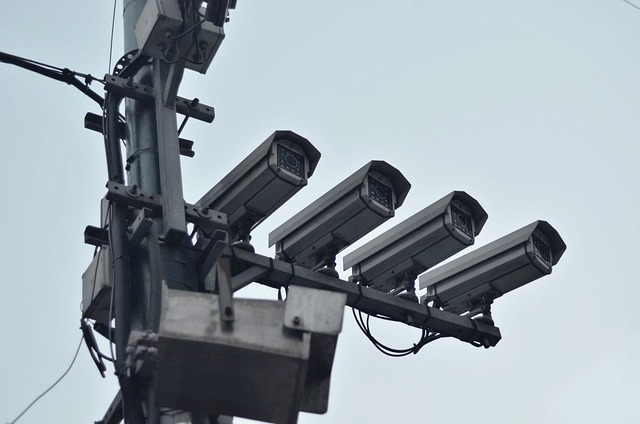In today’s hyper-connected world, the rise of social media has transformed the way we communicate, share information, and maintain relationships. While these platforms provide unprecedented opportunities for connection and engagement, they also come with a dark side—one that raises significant concerns about the nature and extent of internet supervision.
Social media impact has permeated every aspect of our lives. We curate our online personas, showcase our achievements, and share snippets of our daily routines. This constant sharing not only affects our self-perception but also influences how others perceive us. The pressure to curate the perfect image online can lead to addiction-like behaviors, where users find themselves trapped in a cycle of validation through likes, comments, and shares.
Internet supervision is often implemented under the guise of protection. Parents monitor their children’s online activities, employers track an employee’s digital footprints, and governments enact regulations to control the flow of information. However, this increased oversight can morph into a form of digital oppression, stifling individuality and freedom of expression. The feeling of being constantly watched can deter authentic engagement, pushing individuals to conform to societal expectations rather than exploring their true selves.
Furthermore, the addictive nature of social media can exacerbate issues surrounding internet supervision. Users can become overly reliant on digital validation, leading to dissatisfaction with real-life interactions. The irony is that in an effort to connect, we may actually isolate ourselves from genuine experiences. As users become consumed by their online presence, the very self they wish to promote often fades into the background, replaced by a carefully constructed facade. This layered duplicity can result in a profound sense of disconnection from oneself and society, a phenomenon that is increasingly recognized in discussions around mental health.
While internet supervision aims to safeguard users, it can unintentionally encourage patterns of behavior that are detrimental to mental health and well-being. The fine line between protection and control raises questions about autonomy and the right to self-expression. Instead of fostering genuine interaction, excessive monitoring can lead to anxiety, stress, and feelings of inadequacy among users, especially the younger generation who are still navigating their identity in the digital space.
As we continue to embrace the benefits of social media, it is essential to reflect on our relationship with both it and the supervision attached to it. Recognizing the potential harms allows for more informed choices about how we engage with these platforms. Balancing freedom and safety in the digital realm is crucial as we move deeper into this interconnected world.



